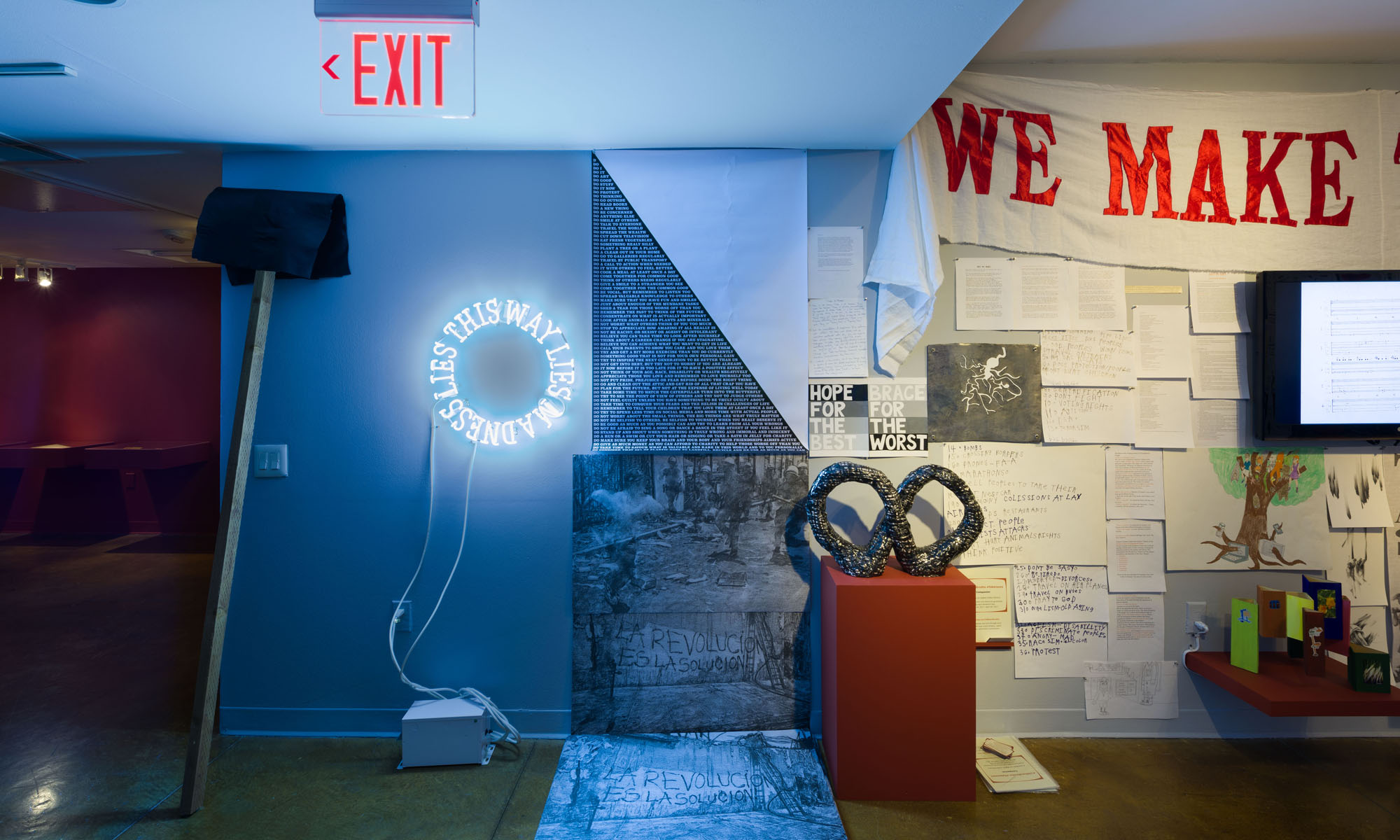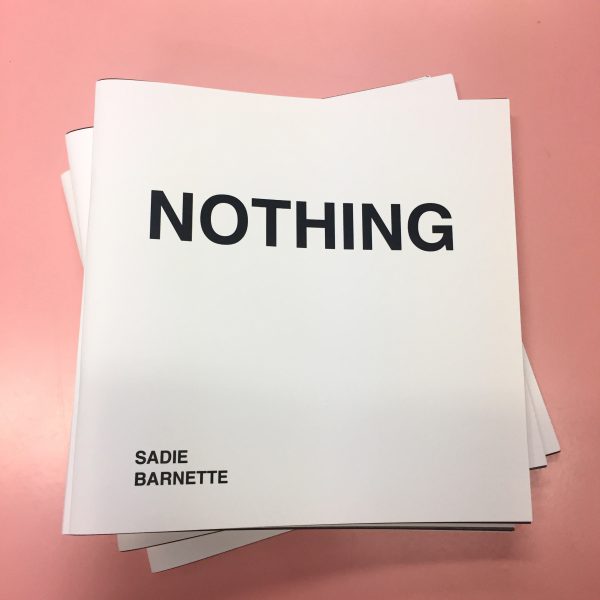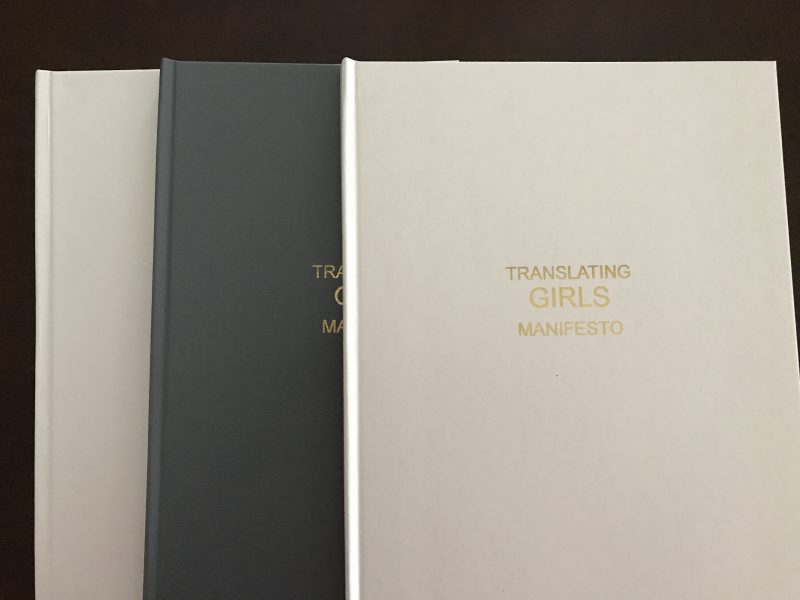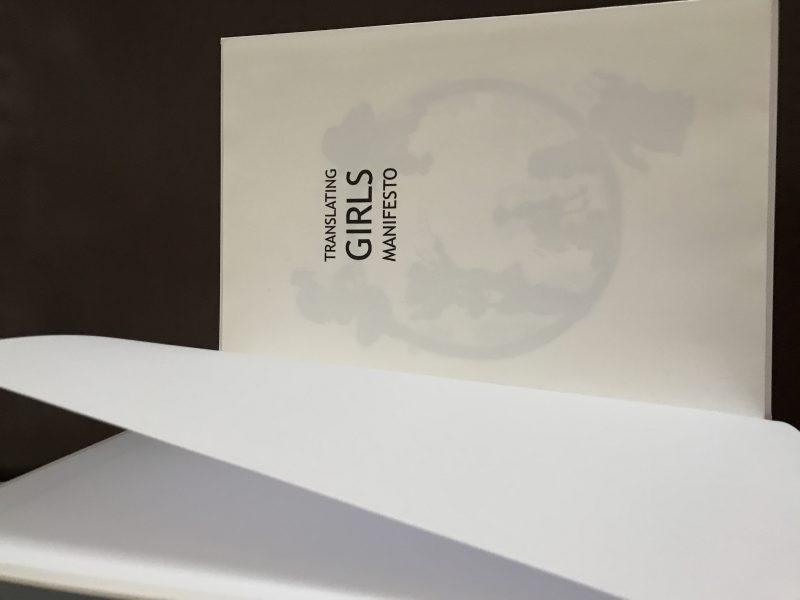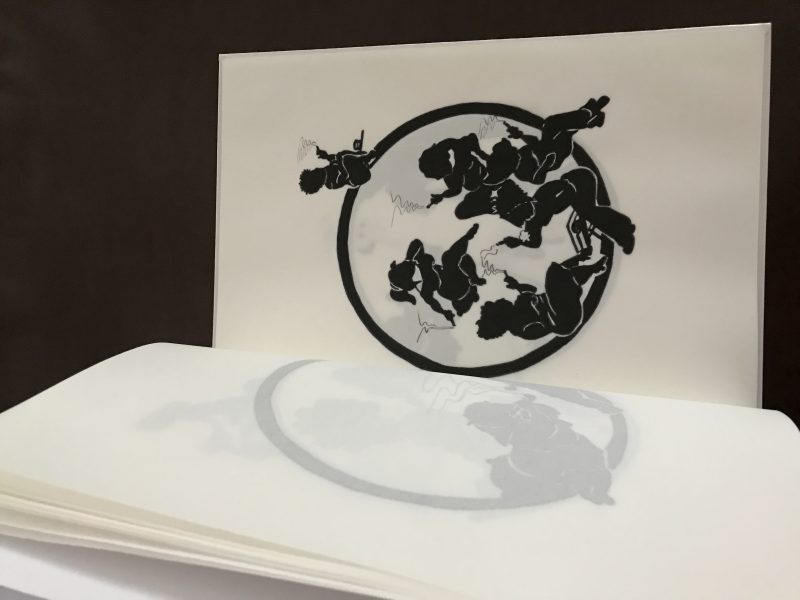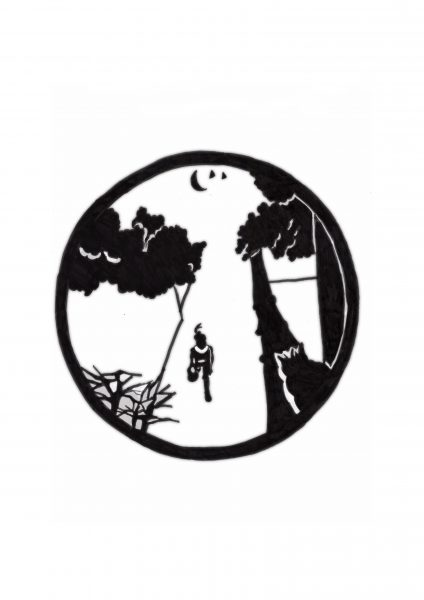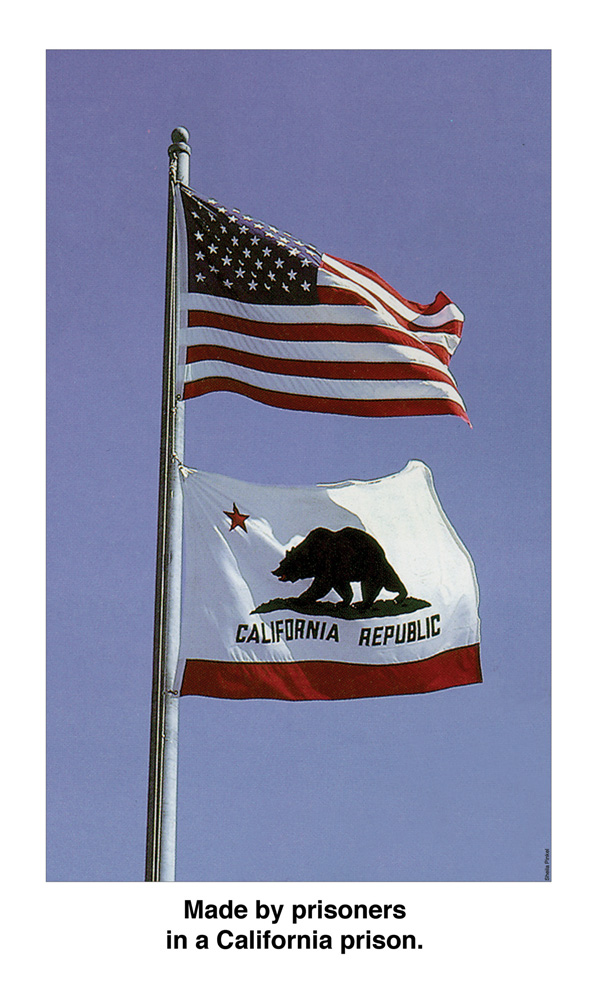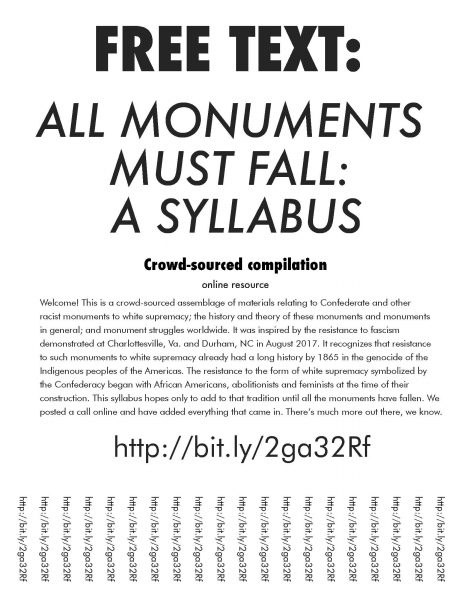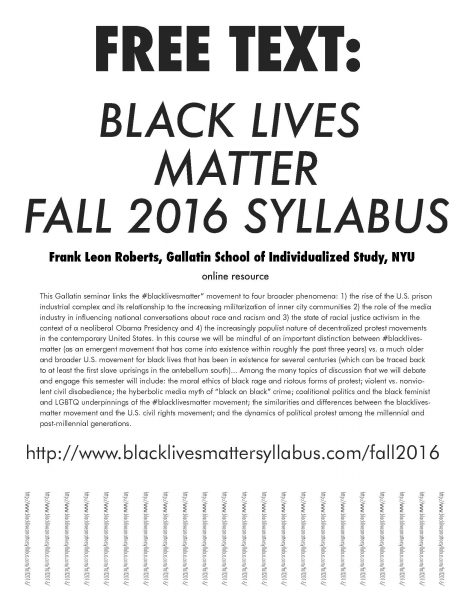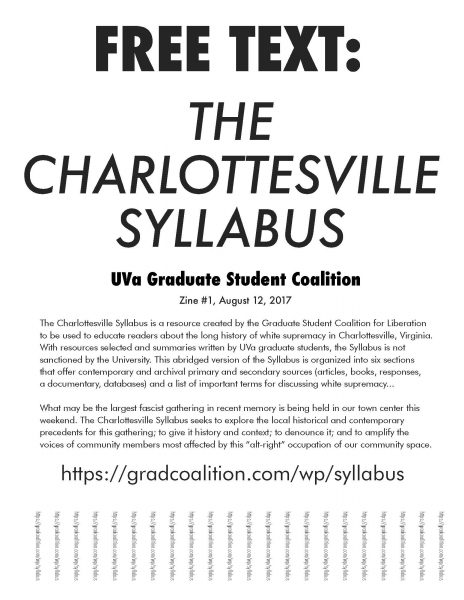MANIFESTo (2018)
Robin Lehleitner and Ann Whittaker met in 2013 in their final semester at the Middlebury College- University of Oxford Bread Loaf School of English, where they co-created and chaired a graduate conference called “‘Speak What We Feel, Not What We Ought to Say’: the Personal Impulse in the Critical Imperative.” Before coming to CGU in 2014 to work on a PhD in Philosophy of Religion, Robin spent 20 years helping at-risk teenagers and young adults in urban Massachusetts discover who they really were through writing. Ann is a documentary photographer and naturalist whose writing focuses on the environment, people, the west, feminism and deep ecology. She built and manages redrockstories.org. MANIFESTo is a “found poem” put together from the transcript of Ann’s January—2018 interview of Robin for the online journal CosmoMuse.
MANIFESTo
I had to make it what I wanted it to be
the best of all worlds
it’s no longer like I used to imagine
(that this could be for everybody)
I agreed to come to a place that was shedding its skin
semester after final semester
a new phase just because you are forced to move on
swim locker conversations
and then just dive in
a glass-encased beehive
like a Wunderkämmer
Theory is simply manifestation
redefined, therapeutic
a badass superintendent
who bends over backwards to get you in
sometimes winning awards is what you actually need
riding the crest of the tsunami
slippery, sharp as a knife
what everybody else assumes is tragically hard
is not actually hard for you
Doors swinging open
or closed, so closed
you could only dream about it
switching tracks is just about consciously forgetting
once upon a time I dreamt that I was in a library
then I dreamt it again and again
and again
the new thing that simply won’t allow you to ignore it
(it had never been about this before)
this boys-from-men knowledge
that everyone will think is crazy
“so what?”
becomes the substance
that holds your bodily existence together
a branch so brittle
there is no way you cannot fall
is what separates you from everyone else
Construction is simply about choice
knowing that there are a hundred different possibilities
and you get to keep choosing them
if you see the next step and are willing to take it
you don’t need imagination
our mothers were people
who believed they didn’t have the right
sometimes just one person
comfortable with authority
is all you need to remind you
that the way you do it will not be the way anyone else does it
that no one else will ever do it your way
Flood the heart and starve the mind
flood the mind and starve the heart
the best bodies are saturated with
the principle of androgyny
(just get out of my way)
there’s a reason for adhering to structure
otherwise knowledge is simply gnosis
there’s a reason for living in the body
yet another tiny, flexible, elderly woman
is the one who showed me this
there is a certain kind of freedom
in attaching yourself to whomever you like
in finding the sweet spot of argument
that protects no one but commits no murder
rhetoric is a voice with a shape
Pilot doctor in the sky
is the least risky job you can choose
anytime you’re flying through war
we live in an age of taking everything personally
there’s something wrong about the idea
that you’re only allowed to change the world
if you go through a narrow chute
(Found Poem from an Interview Between Robin Lehleitner and Ann Whittaker, Dec. 1, 2017)
